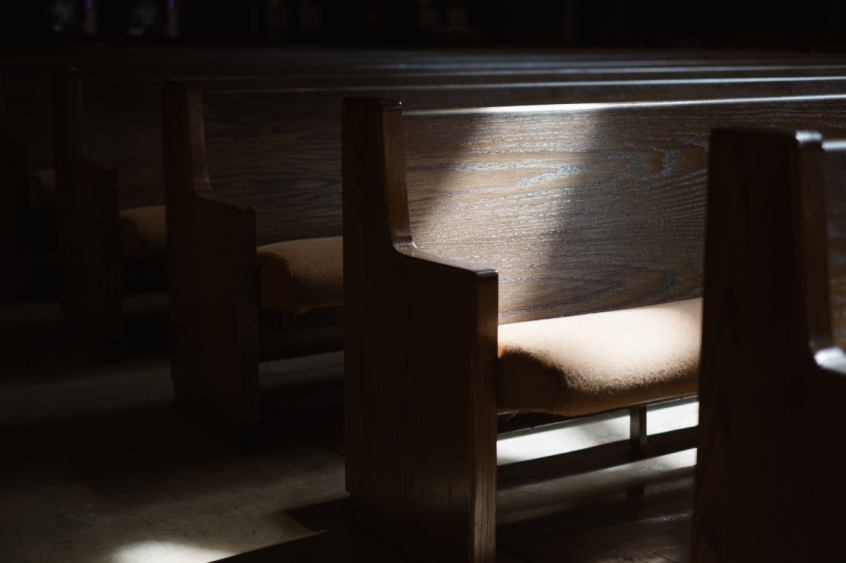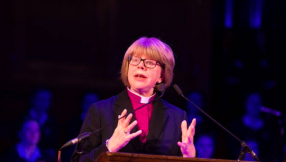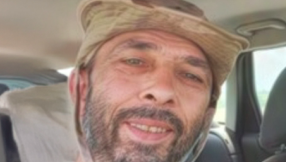
The Church has a moral obligation to pay reparations for its involvement in the slave trade, a panel of Christian thinkers has said.
Professor Robert Beckford told a panel discussion hosted by Churches Together in Britain and Ireland that reparations were a necessary part of the Church's repentance and restitution for the profits made off the back of slavery.
He said the Church had been "so slow to respond" to the issue of racial injustice, despite it being known that churches and church leaders owned slaves and plantations, and received compensation from the British government when the slave trade was eventually abolished.
Addressing the "terrible irony" of compensation being paid to the slave owners rather than the slaves, Beckford said, "What does that say about the value of black bodies, of black lives, of slavery and where it sits within the British imagination - within the Christian imagination?"
The University of Winchester professor said arguments against reparations were just "excuses" and that there was a clear case for it in both the Old and New Testament, including the conversion of Zacchaeus the tax collector who vowed to pay back anyone he had cheated fourfold.
But Beckford said that "ignorance" within the Church had fostered a climate of "resistance" to the paying of reparations.
"It isn't taught because the Church likes to pretend that it didn't play a role in the subjugation of black bodies," he said.
He said this ignorance extended to British theological history and a lack of teaching on the subject in Bible colleges and seminaries.
"Five hundred years of a sojourn with racial terror and no account. It gets even worse when you think that theological students don't even look at this 500-year history. It doesn't even count," he said.
"In the last 100 years, only one book written to address this issue. One book! [In the last] 50 years nearly a hundred books written by white theologians about being nice to animals but only one book daring to address this issue."
Beckford said that while there was a "lack of moral courage" within Church leadership to address the issue, justice "must happen because our faith demands it".
In closing, he said it would be a "powerful witness" if the Church acknowledged its "original sin" in failing to recognise the humanity of victims of the slave trade.
"By atoning for that and reconciling for that, I don't think there's a more powerful witness," he said.
The discussion was held as part of Black History Month in the UK.
Beckford appeared on the panel alongside Rev Ronald A Nathan, steering group member of the National Church Leaders Forum and a former director of the African Caribbean Evangelical Alliance.
Nathan said the discussion around reparations needed to be located in the Church at local, national and global levels, and that black and brown churches in the UK must work with people of all faiths and none to raise awareness of the issue.
"We can't just be talking about this in our corners. We need to bring pressure to bear," he said.
"We have to make allies. We certainly know how to make allies when we need to get an offering. We know how to make allies when we need to have some large event in the Royal Albert Hall.
"So I don't see why we can't make allies in the pursuit for justice in terms of reparations."
He concluded by saying that the topic of reparations should be discussed widely in the Church.
"It's got to get into Sunday school. It's got to get into Bible study. It's got to come from the pulpit. It's got to be mentioned in the prayer meeting, in the youth meeting - everywhere," he said.













